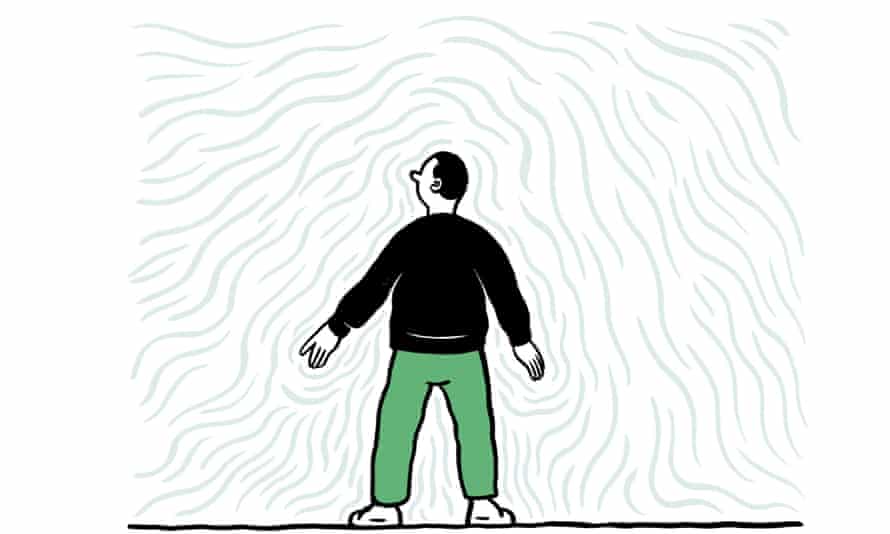His awareness perceptions opinions etc about a particular moment of time gives him the sense of reality and being present at that exact moment. Answer 1 of 23.
Our perception of objects in our visual field.

. The state of being aware. Awareness of internal stimuli includes feeling pain hunger thirst sleepiness and being aware of our thoughts and emotions. There are a number of different states of human consciousness as well as a variety of factors that can have an impact on these states of awareness.
The concept of consciousness can be more plausibly interpreted as an abstract concept that is acquired by subjects in different ways and it is conceivable that the science of consciousness could be carried out without subjects ever using the. A state of wakefulness. B an ability to sleep and have lucid dreams.
Unconscious thought that was meant to be expressed moments later. Consciousness is best defined as a ones subjective experiences of the external world and ones mental activity. It is the tune stuck in your head the sweetness of chocolate mousse the throbbing pain of a toothache.
The difference between our thoughts and our experiences of the world. Consciousness can best be described as __blank__. Essentially your consciousness is your awareness of yourself and the world around you.
As well as containing an evolutionary approach. The nature of consciousness is undeliminated uncontrolled energy always in process of. C moving from a state of sleep to a state of wakefulness d processing for sensory information without full.
Awareness to both internal and external stimuli. The abnormal state of consciousness is more difficult to define and characterize as evidenced by the many. A state of calm and peace b.
After a stroke or other brain trauma voluntary movement of all or almost all muscles is lost but autonomic functions remain. Unconscious thought that was expressed at an inappropriate time d. Consciousness can be best described as the state of an individual in his ability to be mindful and aware of his surroundings.
Consciousness for us humans is composed of our thoughts. To explain consciousness as a physical process we must acknowledge the role of energy in the brain. Consciousness refers to your individual awareness of your unique thoughts memories feelings sensations and environments.
B ones ability to objectively pay attention to important information. Consciousness can best be described as. This awareness is subjective and unique to you.
Awareness of external stimuli includes seeing the light from the sun feeling the warmth of a room and hearing the voice of a friend. Consciousness can only be measured through first-person reports which raises problems about the accuracy of first-person reports the possibility of non-reportable consciousness and the causal closure of the physical world. The role of memory in consciousness is often taken for granted.
According to the early psychologist William James consciousness can best be described as. Physical science describes matter from the outside in terms of its behavior but matter from the inside is constituted of forms of consciousness. The label mind refers to all of the processes of the brain and the brain is basically a biological senor array audio visual olfactory tactile taste for consciousness.
The normal state of consciousness comprises either the state of wakefulness awareness or alertness in which most human beings function while not asleep or one of the recognized stages of normal sleep from which the person can be readily awakened. Consciousness is everything you experience. All animals with vi.
Conscious thought that was expressed at an inappropriate time c. So why can we think. 2 the collection of chopped-up bits of mental experience a fixed state of mental contents.
Consciousness describes our awareness of internal and external stimuli. Illustration by Chris Gash. Without the brains various memory systems it would.
D an awareness of things going on inside or outside of yourself. Awareness of internal stimuli includes feeling pain hunger thirst sleepiness and being aware of our thoughts and emotions. A state of meditation in which a person focuses on the self c.
The times in which a person in not asleep 2. Awareness of external stimuli includes seeing the light from the sun feeling the warmth of a room and hearing the voice of a friend. Basically from Hindu thinking The Vedanta.
One example of an automatic process is. Recent neuroscientific evidence can be interpreted in a way that suggests consciousness is a product of the organization of energetic activity in the brain. Energetic activity is fundamental to all physical processes and causally drives biological behavior.
Consciousness describes our awareness of internal and external stimuli. This means that mind is. A stream of thoughts.
As you might have already realized not all forms of awareness are the same. There is a big distinction between mind and consciousness. Consciousness is best defined as.
A Internal chemical systems that are regulated by a circadian rhythm. C a lack of awareness of things going on inside or outside of yourself. According to the early psychologist William James consciousness can best be described as.
A theory of human consciousness must be able to explain both animal brain performance and the difference between humans and animals. Consciousness is a term used to describe the awareness of your physical and mental experience. A state of awareness of the self and of the environment d.
If you can describe something you are experiencing in words. Conscious thought that was verbally misleading b. A physiological and psychological state of being awake or reactive to stimuli including elevated heart rate and blood pressure and a condition of sensory alertness mobility and readiness to respond.
A Freudian slip can best be described as a. Scientists studying consciousness are attempting to identify correlations between measurements of consciousness and the physical world.

Introduction To Consciousness Boundless Psychology

Why Can T The World S Greatest Minds Solve The Mystery Of Consciousness Consciousness The Guardian



0 Comments